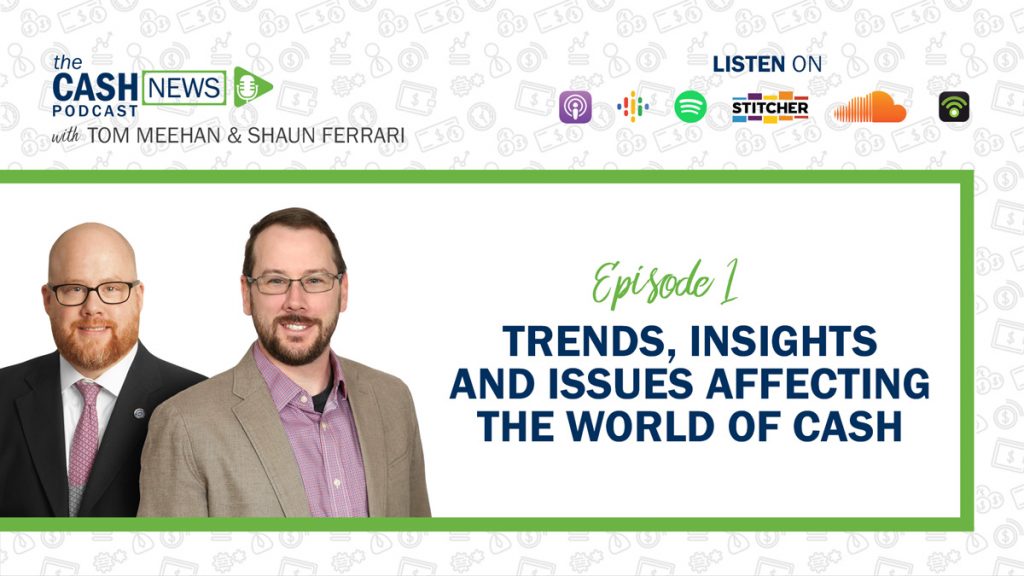
2020 was a wild year for consumers. Beyond disrupting a number of the factors that determine consumer spending—such as cost of living and consumer confidence—the COVID-19 pandemic has also dramatically changed how and where consumers choose to spend their hard-earned cash.
As consumers, when pandemic hit the world, we grappled with uncertainty, and our buying behavior became erratic. What was clear however, was that we have reduced spending on all non-essential products and services.
We all saw and are seeing how COVID-19 has changed nearly every aspect of our daily lives, and consumer spending is no exception. Generally, spending declined across all industries, and many lockdown measures restricted what we can spend our money on, due to many shops declaring temporary closure and air travel was put to a halt. Equally, the economic consequences of the pandemic have meant consumers are less likely to spend more, with many of us expecting our household incomes to continue to suffer unless aided by the national government.
Many stopped using cash from a safety standpoint. The Covid-19 pandemic has increased public concerns that the coronavirus could be transmitted by cash. Despite scientific evidence indicating that currency doesn’t transmit COVID-19, there continues to be of great concern around the use of cash altogether. Despite such certainty, fear of spreading the virus could quicken the trend of digital payment apps and reduce the use of cash in society. Many people transitioned to digital because of the fear of the said virus.
The fear of cash paved the way for other modes of payment, mostly digital, and globally, it changed the way consumers have shopped. With this said, cryptocurrency and digital currency are seen as other modes of payment although they are just another form of payment, and they are not going to be the next big wave but an evolution of what we see.
With stricter health protocols and vaccination roll outs, people in the world of cash are optimistic that things might go back to the way things were pre pandemic. Despite this, many have thought of hybrid plans. Schools have been using a hybrid plan for this school year because of the COVID-19 pandemic. This is a mix of in-person learning and remote learning. The same idea can be modeled for business transactions and events that greatly involve cash and currency. This is also seen as a cost-efficient effort for many and also to keep health measures until we know for sure that the virus has been completely managed.
Conclusively, in any which way you look at it, worldwide, financial disruption is likely—the level will depend on a number of variables, including a country’s financial situation and capacity, the banking system’s solvency and people’s trust and confidence in both the financial system and government. The vaccination has somehow been slowly piercing this veil of darkness and hopefully, we will be out of the pandemic soon. That is what we wish for as we go throw a coin in the wishing well.


